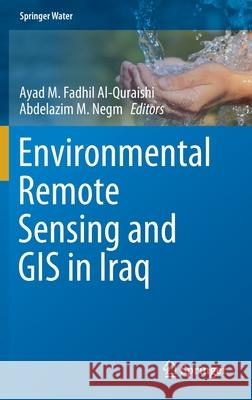Environmental Remote Sensing and GIS in Iraq » książka
topmenu
Environmental Remote Sensing and GIS in Iraq
ISBN-13: 9783030213435 / Angielski / Twarda / 2019 / 529 str.
Environmental Remote Sensing and GIS in Iraq
ISBN-13: 9783030213435 / Angielski / Twarda / 2019 / 529 str.
cena 402,53
(netto: 383,36 VAT: 5%)
Najniższa cena z 30 dni: 385,52
(netto: 383,36 VAT: 5%)
Najniższa cena z 30 dni: 385,52
Termin realizacji zamówienia:
ok. 22 dni roboczych.
ok. 22 dni roboczych.
Darmowa dostawa!
Kategorie:
Kategorie BISAC:
Wydawca:
Springer
Seria wydawnicza:
Język:
Angielski
ISBN-13:
9783030213435
Rok wydania:
2019
Wydanie:
2020
Numer serii:
000695871
Ilość stron:
529
Waga:
0.93 kg
Wymiary:
23.39 x 15.6 x 3.02
Oprawa:
Twarda
Wolumenów:
01
Dodatkowe informacje:
Wydanie ilustrowane











